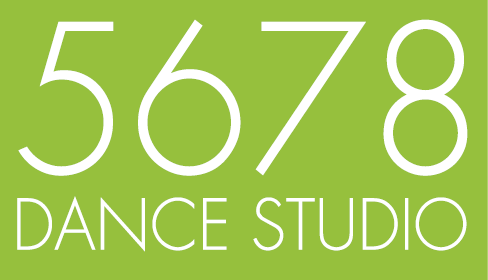RAD and ADAPT Exams
While all ballet, jazz and tap classes at 5678 support the Royal Academy of Dance (RAD) and Associated Dance Arts for Professional Teachers (ADAPT) Curriculum, we also offer specific classes dedicated to teaching the syllabi of these organizations and preparing students for examinations. Students wishing to progress to a more advanced level are strongly advised to take their ballet, jazz and tap exams. Competitive dance students are required to take their examinations. Since the curriculum for each level of dance requires a certain number of study hours prior to moving on, students who do not complete the requisite number of practical study hours may be recommended to repeat the level so that they are strong enough to move to the next level. High School students who take and pass their ballet exams at the Intermediate Foundation, Intermediate, Advanced Foundation, Advanced 1 and Advanced 2 levels can apply to have their achievements recognized through the Prior Learning Assessment & Recognition (PLAR) mechanism for High School credits. Staff at 5678 strive to make all examination sessions the most positive learning environment possible! We want to congratulate our 102 dancers who all successfully completed their ballet, jazz and tap exams in June 2015! Way to go!
Why Take Exams?
Both the Royal Academy of Dancing (RAD) and the Associated Dance Arts for Professional Teachers (ADAPT) are international organizations that have developed syllabi for dance training. As part of the training process, each of these organizations schedules exams to adjudicate the training level of dance students. Taking exams provides benefits to students, parents, and teachers.
Benefits to Students
- Provides a sense of accomplishment.
- Teaches students about goal setting.
- Provides incentive to work harder.
- Instills the importance of technical training in dance.
- Provides an opportunity to enhance performance quality alongside solid technical training.
- Results in certification. Candidates who successfully complete their examinations hold the certification for that level.
- Allows students to know precisely what level they are working at from an internationally standardized syllabus.
Benefits to Parents
- Examinations by internationally recognized and standardized organizations provide parents with a third-party assessment of their dancer’s progress and dance training.
- Assures parents that the physical studio space that their child is dancing in is one that is safe for dance. These international organizations set and enforce standards for studios so as to ensure that dancers are not being injured through their training.
- In order for a dance studio to enter students for examinations by RAD or ADAPT, that studio must employ teachers who have undergone the rigorous certification processes by those organizations and maintain a certain standard of training (as established by exam candidates’ results) to keep that status. This provides parents with an assurance of an internationally recognized standard of dance training against which the studio is constantly being measured.
Benefits to Teachers
- Both ADAPT and RAD regularly offer workshops for teachers, allowing the studio to be in step with the newest methods and research about dance training.
- Students assessed by both RAD and ADAPT assure teachers that they are maintaining the internationally set standards for dance training.
 Enriching Kingston, Ontario through dance education since 1988
Enriching Kingston, Ontario through dance education since 1988